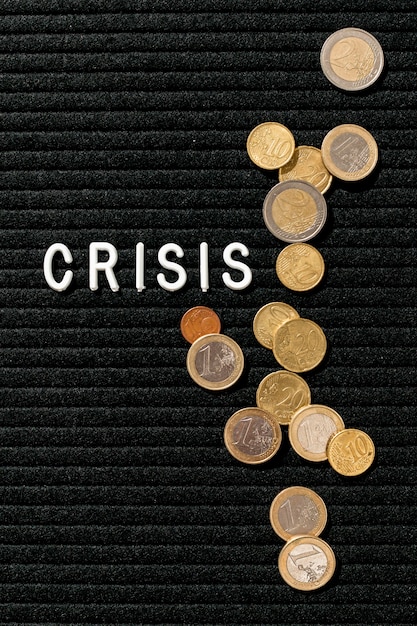
Long time no see! I’ve been using this quarantine period to get back into journaling and blogging in a more personal way, hoping to keep both you and me entertained. It might feel like you’ve missed a lot, but I’ll try to catch you up along the way. In the meantime, stay safe and remember to wash your hands.
Here we are on Day 44. Yesterday, I was reflecting on how much more enjoyable frugality is when it’s a choice rather than something forced upon you due to lack of income or outright poverty. When you don’t have much money, the first thing you want to do when you get some is to treat yourself and spend it.
I don’t get much pleasure from spending money. Sure, I like to eat out occasionally and I travel quite a bit, but for me, the reward is in the experience, not the expenditure.
I know a lot of people who hate quarantine because they can’t go shopping. In the book *Evicted: Poverty and Profit in the American City*, there’s a story about a woman on food stamps who spends most of her stamps on the first day on lobster and crab legs, then struggles for the rest of the month.
On the flip side, I have what you could call the privilege of frugality. And this privilege goes beyond whether it’s imposed or not. Many struggling people have little to no support network. My network brings me so much value—it’s immeasurable.
Since I arrived around Thanksgiving with two Great Danes, we’ve only bought one bag of dog food. The kind folks at the USO, a charity for active-duty military, get damaged or returned bags from Costco and give them to us for free.
They usually have other pantry items too, like baked goods nearing expiry, and random stuff from Lysol to perfumes. Because my husband works with them and the staff likes him, they even call him to pick up food now that they’re closed to the public. He brought home six bags today, worth over $200!
When I go to France, I find a flight for $500 or less, stay for a few months, and visit friends and family around the country, often extending trips to Spain, the U.K., or Switzerland. A typical day involves spending $20 on gas for my bike, $10 on a bottle of wine for my next hosts, and $20 on groceries. So, it averages out to about $25 a day.
My friends have lovely houses, some with swimming pools in Provence, others with chalets in the Alps. My grandparents even have an empty apartment in Paris I can use for free. My uncle has a house and a boat on a Mediterranean island he loans me.
Sometimes my friends and I go out and I might get the restaurant bill, but generally, we’re just happy to spend time together, grilling in their garden and hanging by the pool.
In a documentary I watched yesterday, three broke friends rented a van for a week to sleep in parking lots by the beach, eat ramen, and basically just talk to girls on the beach, all for $1,500 a week.
That’s $500 per person. I spend half that thanks to my friends and family, without taking any handouts. I visit them in their homes; they’re not renting a holiday home for me to mooch off. This privilege really helps me maintain a frugal lifestyle.
Your network might include parents who babysit your kids or give you hand-me-downs from their older children. Maybe a neighbor splits a Costco membership with you. You don’t have to take from people to enjoy the benefits of privileged frugality.
While I’ve always been a saver and a hustler, I can’t ignore that having a strong network has significantly helped me cut costs in ways that aren’t available to everyone.